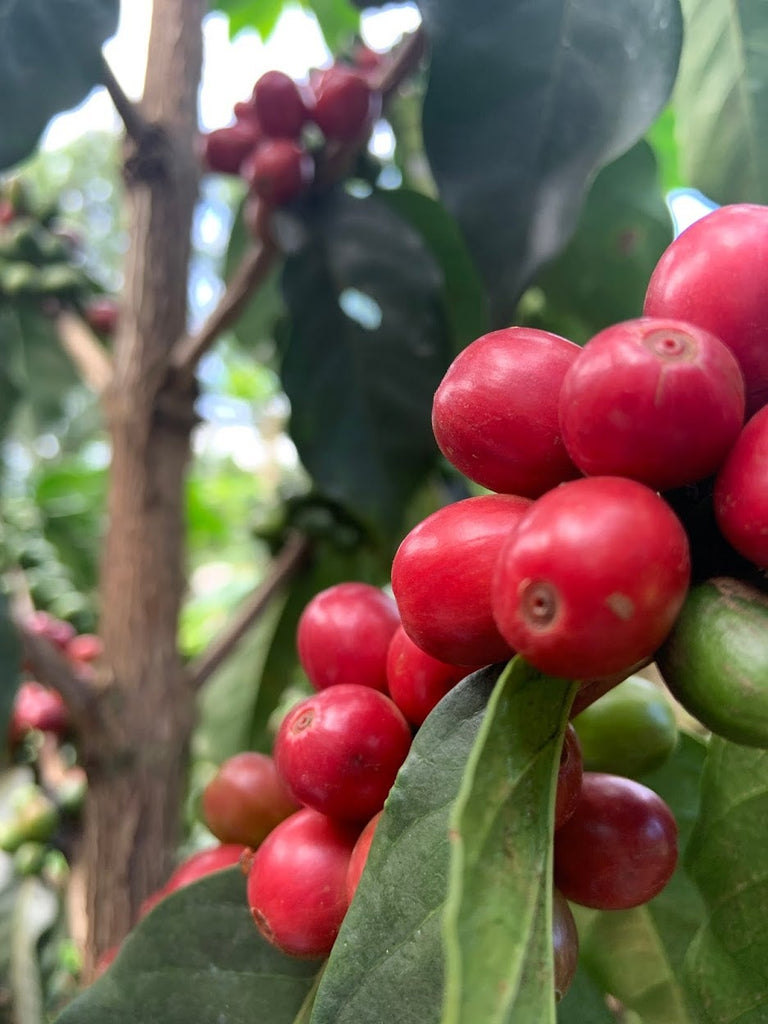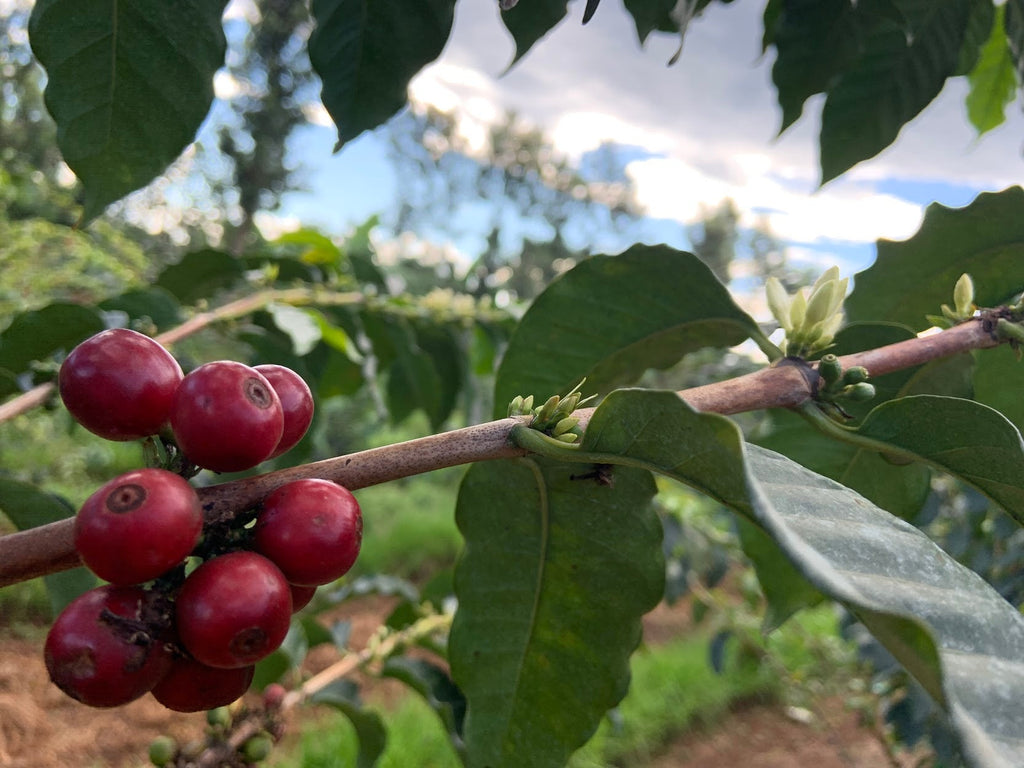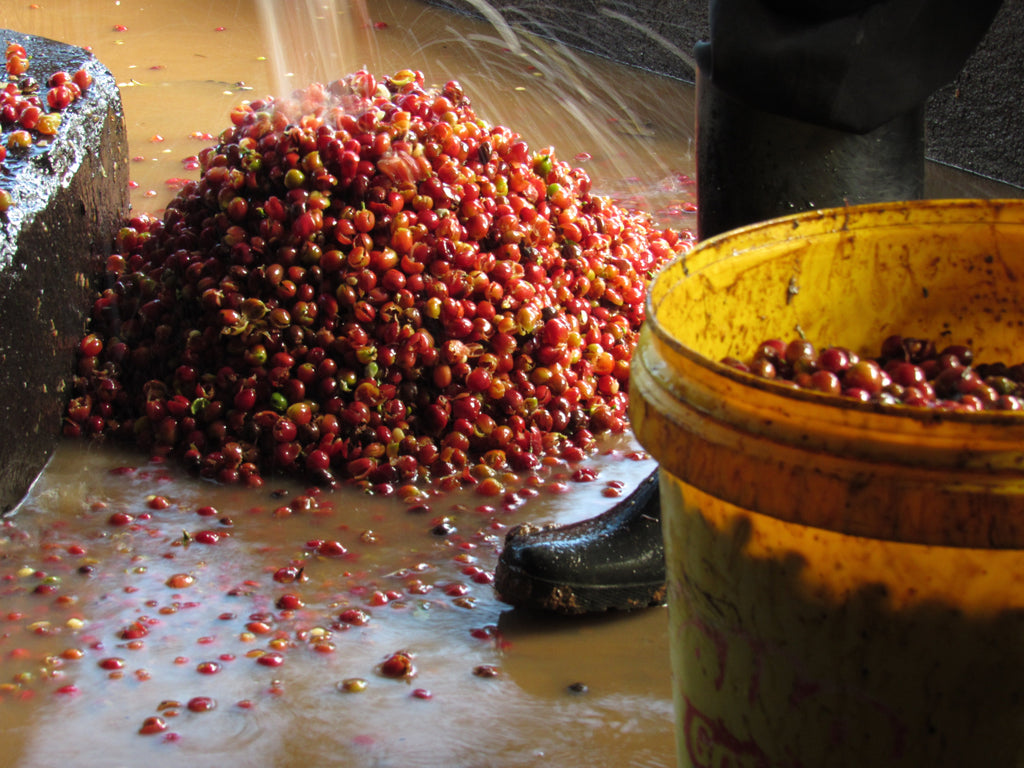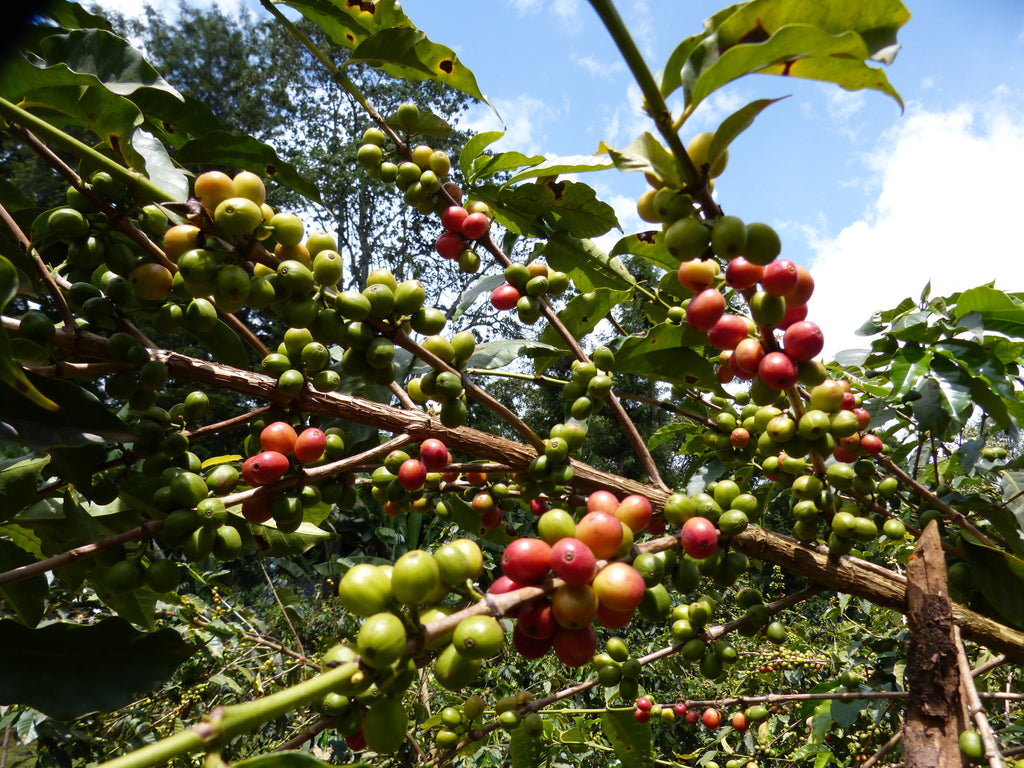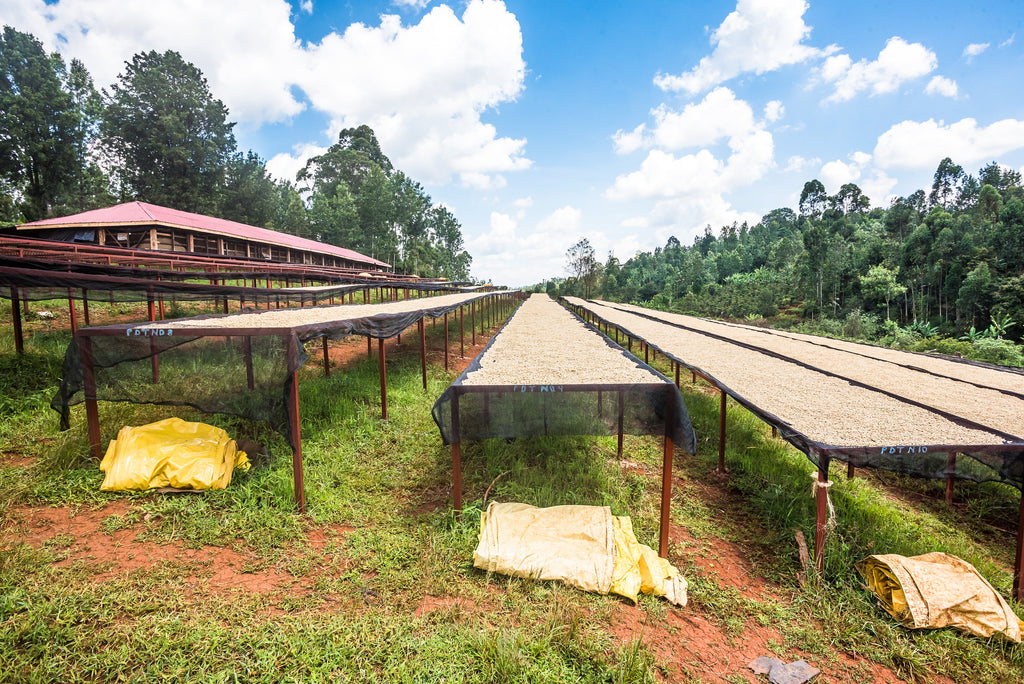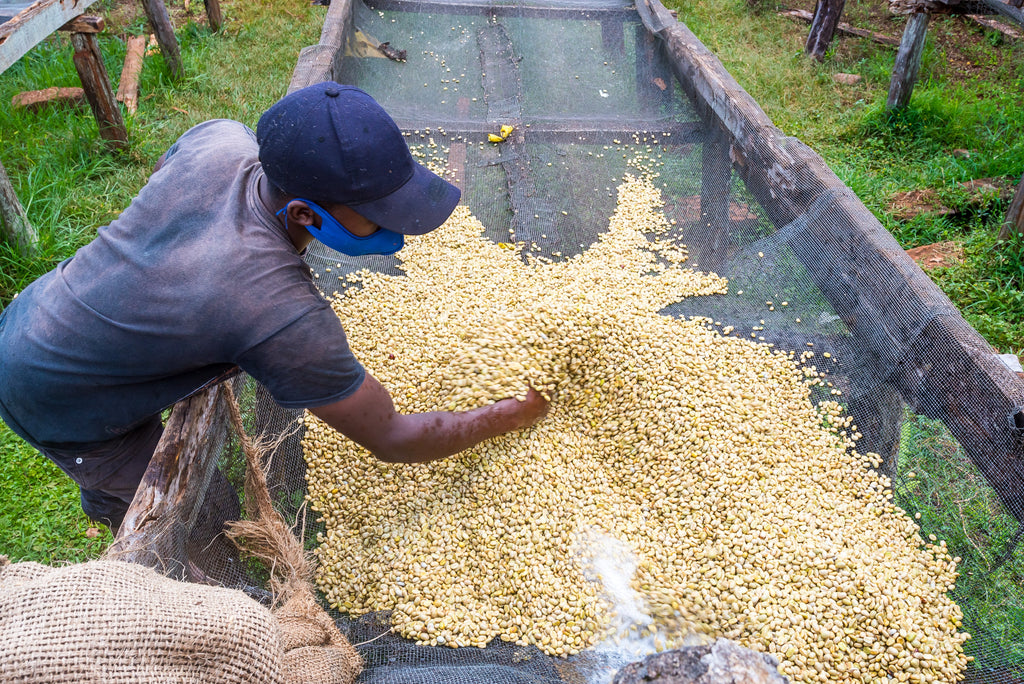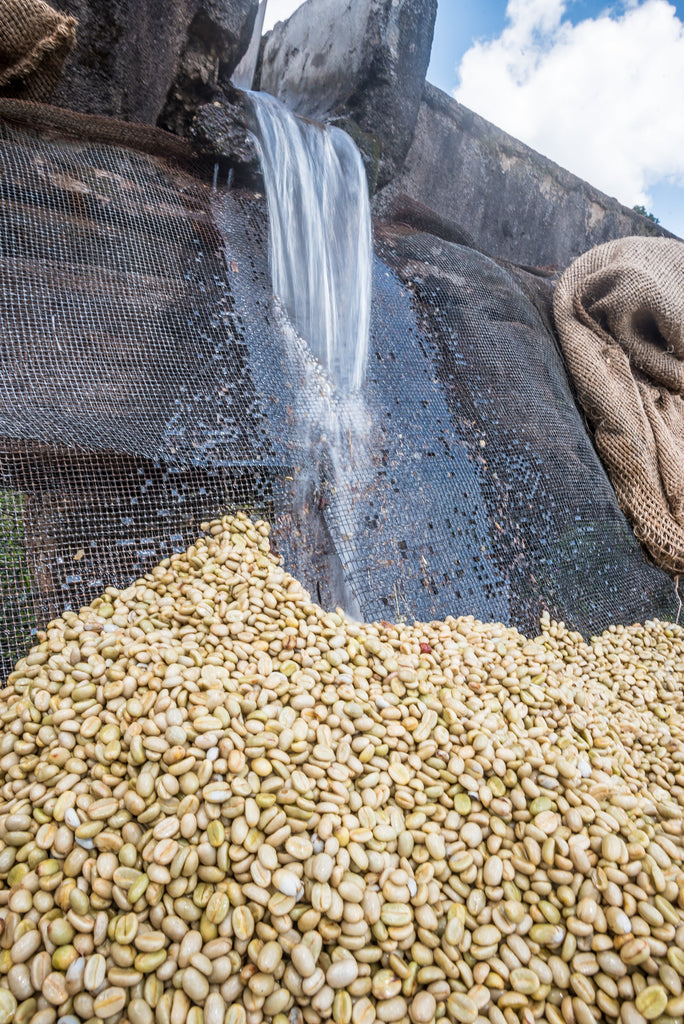500.00TL
Kahunyo AB- Kenya - 2022
On the nose: sweet mint, lime, violet, roibos tea.
On the palate: pink grapefruit, lime, tangerine, tomato, currant, chestnut, roibos tea, poppy jam, cranberry.
This medium-bodied coffee has the sweetness of marzipan and a bursting sugary finish.
This Fully washed lot is cultivated by smallholders in Murang’a and processed at Kahunyo washing station in Kahunyo. Farmers cultivate small coffee farms of approximately 0.5 to 1 hectare at altitudes of 1,600 to 1,800 meters above sea level. Farms are located near the Ndakaini Dam, which supplies much of the water in Nairobi. The high altitudes provide the warm days and cool nights that help nurture sweet, dense cherry. The washing station is owned and operated by Thikagiki Farmers’ Cooperative Society (FCS).
Cultivation
Farmers delivering to Kahunyo washing station cultivate primarily SL28 and SL34 in small coffee gardens that are, on average, smaller than 1 hectare. ‘SL’ varieties are cultivars originally released by Scott Agricultural Laboratories (SAL) in the 1930s and 1940s. They soon became the go-to trees for many growers in Kenya due to their deep root structure, which allows them to maximize scarce water resources and flourish even without irrigation. They are cultivated with a serious eye towards sustainability and Good Agricultural Practices, with minimal environmental impact where possible. Ruiru 11 is a new variety known for its disease resistance and high yields. It also starts yielding fruit after just 2 years.
Farmers receive technical agronomic support from Sucafina Kenya. They also receive soil sampling from Kahawa Bora. The soil sampling program addresses a key step in farmer profitability. Lower input costs mean lower overall production costs and higher profits. More targeted input application also translates into healthier trees and higher quality cherry.
Prior to Kahawa Bora’s soil sampling program, farmers had little access to soil analysis methods. Fertilizer, when applied, would be formulated according to a generalized recipe rather than one uniquely suited to the farm’s exact needs. Now, with better access to information through technology and agronomical assistance, farmers can apply the right fertilizer recipe at the right time, improving yields and cherry quality.
Harvest & Post-Harvest
Smallholders selectively handpick ripe, red cherry and deliver it to Kahunyo Factory. At intake, the Cherry Clerk oversees meticulous visual sorting and floating and accepts only dense, ripe cherry.
After intake, cherry is pulped and fermented for 16 to 18 hours. Following fermentation, coffee is washed in clean water and laid to dry on raised beds. Workers rake parchment frequently to ensure even drying. They cover drying parchment during the hottest time of day, to maintain slow, even drying and at night, to shelter parchment from moisture. It takes an average of 7 days for parchment to dry.
Coffee Grade: EU
Variety: SL28 , SL34 , Ruiru 11
Processing Technique: Fully Washed
Harvest Year: 2022
Producer: 640 farmers working with the Kahunyo Washing Station
Altitude: 1,500 m – 2,100 m.
Farm/Station: Kahuna Processing Station
Region / Sub-District: Kahunyo / Murang
Supplier: Sucafina Specialty


